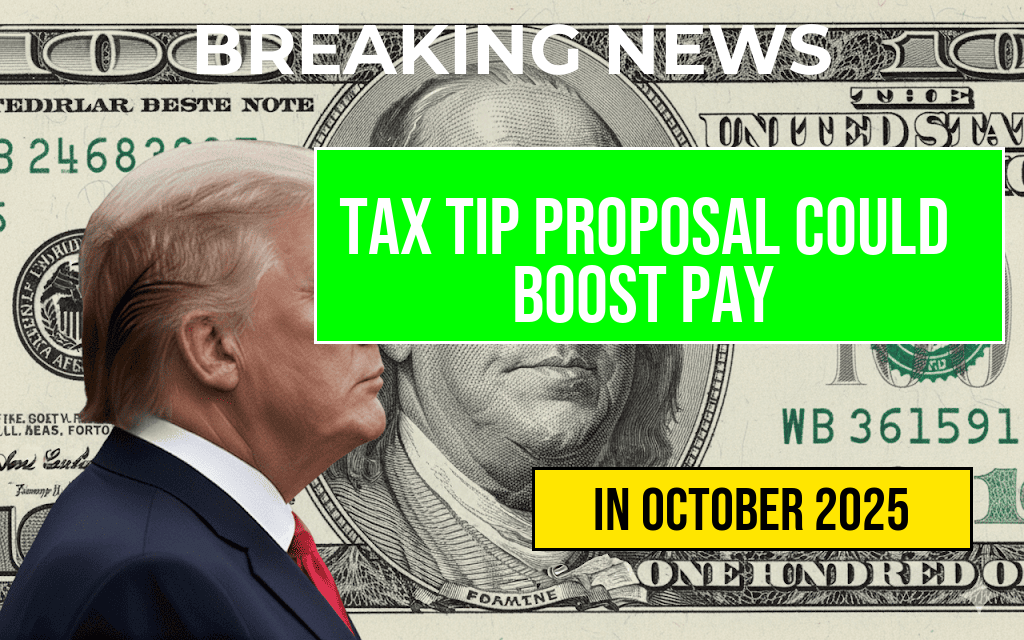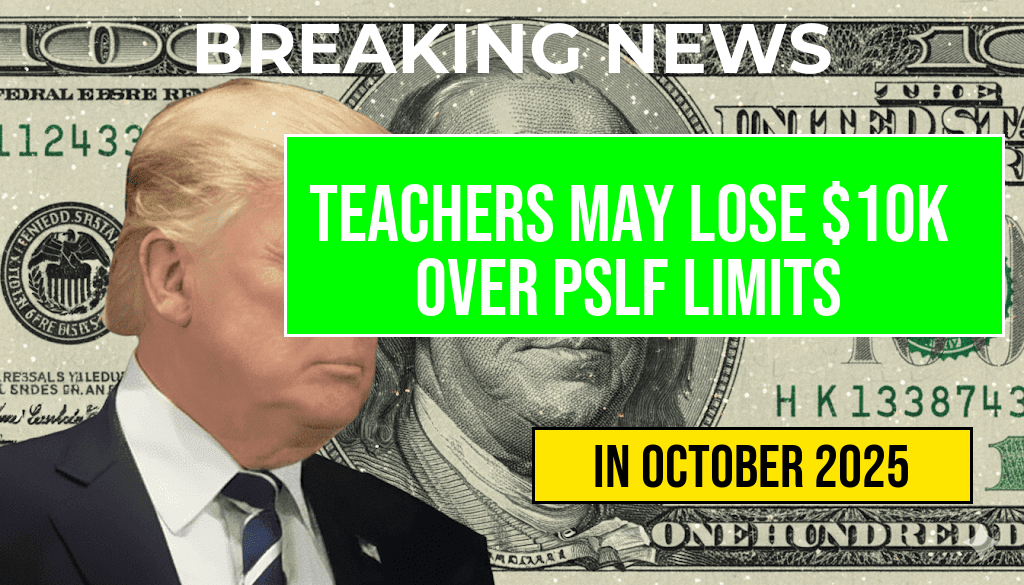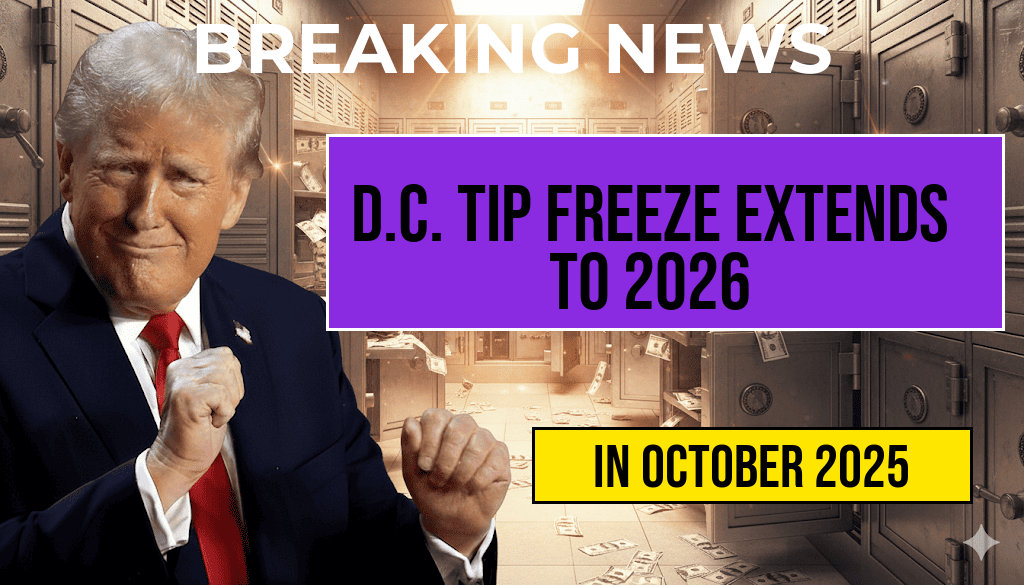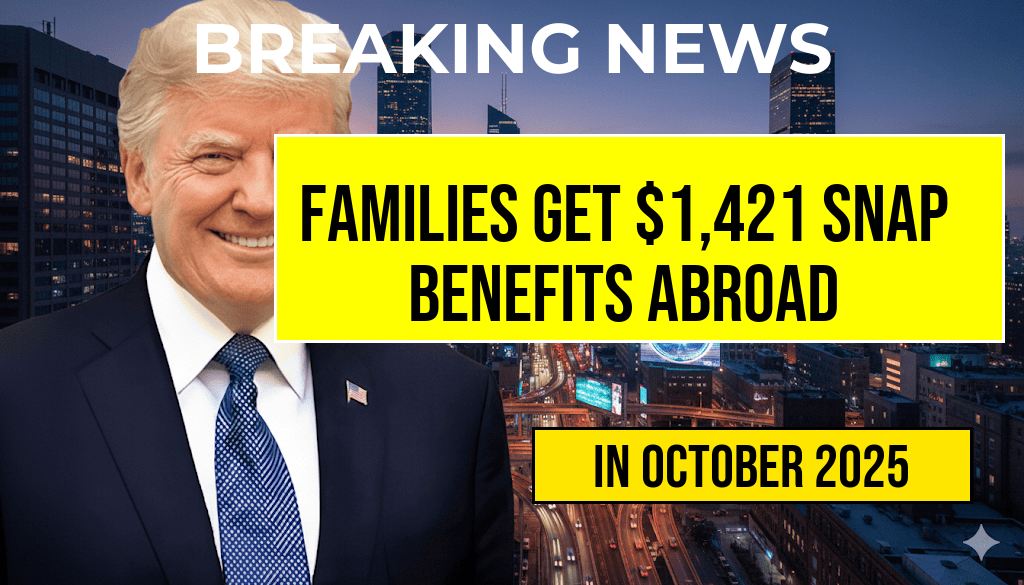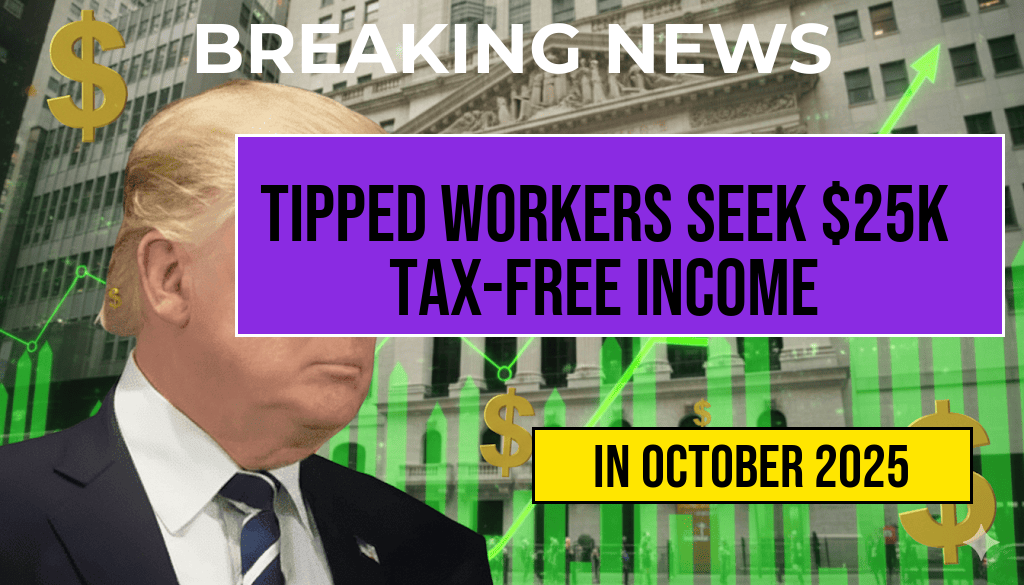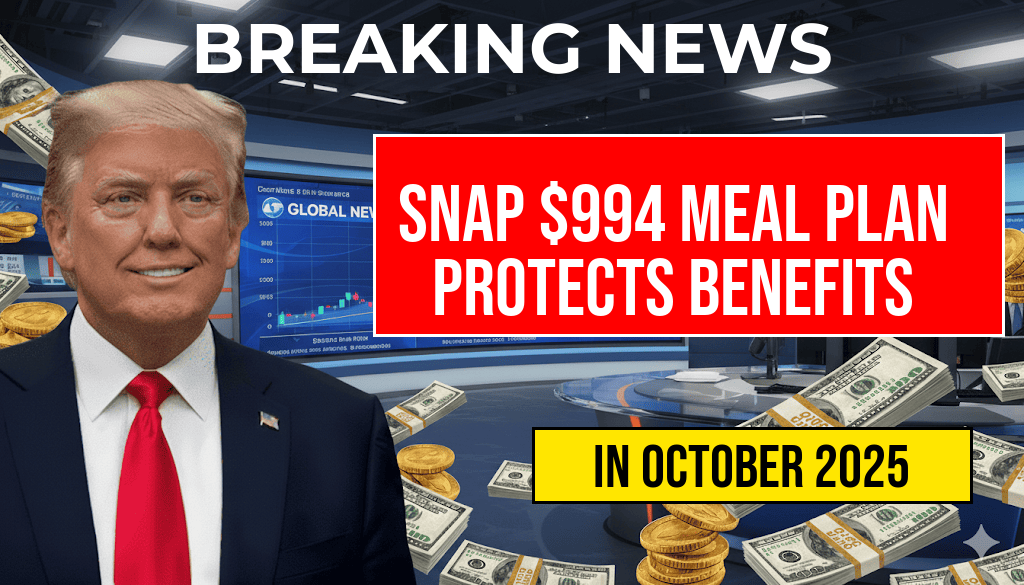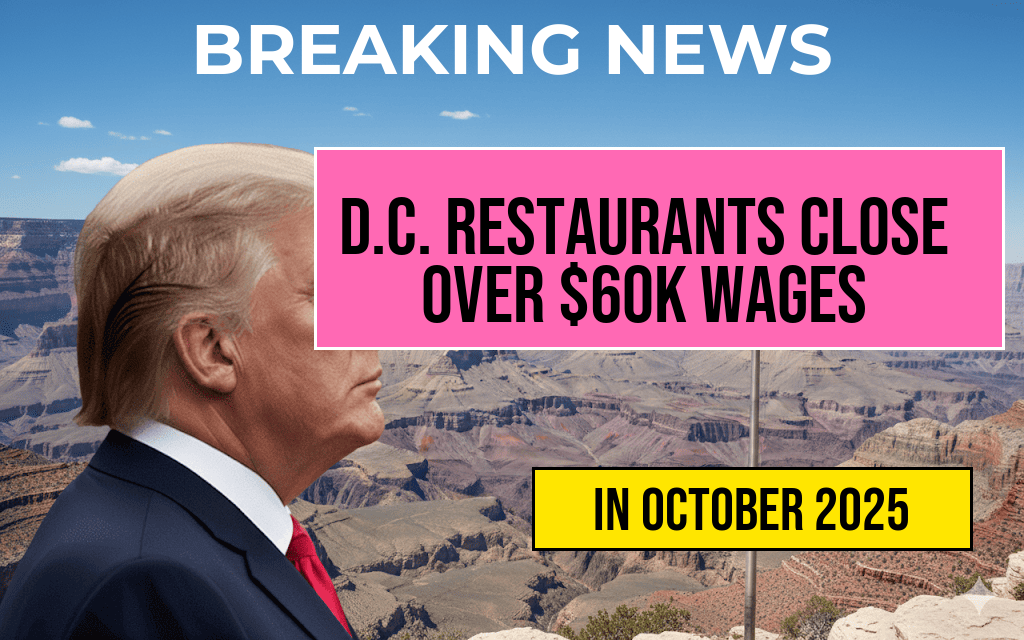D.C. Tip Freeze Extended Through July 2026, Leaving Thousands at $10 An Hour Without a Pay Raise This Year
The District of Columbia has announced an extension of its tip freeze policy, which will now remain in effect until July 2026. This decision means that thousands of tipped workers in the city will continue earning a minimum of $10 per hour without any scheduled increase in their base wages this year. The move has sparked concern among service industry employees and advocacy groups who argue that stagnant wages hinder economic recovery and fail to keep pace with rising living costs.
The tip freeze, originally implemented in 2022 amid economic uncertainties, was set to expire at the end of 2023. However, city officials confirmed last week that the policy will be extended for an additional three years, citing budgetary constraints and the ongoing need to support small businesses facing financial pressures. This extension affects a broad segment of workers across restaurants, bars, and other hospitality venues, where tipping constitutes a significant portion of income.
Background on the Tip Policy and Its Impacts
In Washington, D.C., the minimum wage for tipped workers has historically been lower than the standard minimum wage, with the difference made up through tips. The current minimum for tipped employees stands at $10 per hour, a figure that has remained unchanged since 2019. The city’s decision to freeze the tip minimum, coupled with the lack of a scheduled wage increase this year, raises questions about the economic stability of workers who rely heavily on gratuities.
Advocates for service workers argue that the tip freeze disproportionately affects low-income employees, especially as inflation drives up the cost of living. According to data from the U.S. Bureau of Labor Statistics, the Consumer Price Index in the D.C. metropolitan area increased by over 4% in the past year, adding financial strain to many families.
| Year | Standard Minimum Wage | Tip Minimum Wage | Notes |
|---|---|---|---|
| 2022 | $15.20 | $10.00 | Tip freeze initiated in 2022 |
| 2023 | $16.10 | $10.00 | No increase in tip minimum |
| 2024–2026 | Scheduled to increase annually | Frozen at $10.00 | Extension announced, no tip increase |
Official Rationale and Reactions
City officials cite economic stability and small business support as primary reasons for extending the tip freeze. In a statement, Mayor Muriel Bowser’s administration emphasized that maintaining a consistent tip policy helps prevent disruptions in the hospitality sector, which has faced challenges from staffing shortages and fluctuating customer demand.
“Our goal is to balance economic growth with fair wages,” a spokesperson said. “Extending the tip freeze allows small businesses to manage costs while providing employment opportunities.”
However, labor groups and worker advocates have criticized the extension, warning it could exacerbate income inequality and hinder workers’ ability to meet basic expenses. The Washington Interfaith Network and other organizations have called for a reevaluation of the policy, urging the city to consider gradual wage increases and better protections for tipped employees.
Potential Economic and Social Effects
The continuation of the tip freeze may have several implications for the local economy and workforce. Critics warn that stagnant wages could lead to increased turnover and difficulty attracting skilled workers in the service industry. Additionally, with no scheduled wage adjustments, employees may feel less incentivized to improve service quality, which could impact customer satisfaction.
On the other hand, some business owners argue that predictable costs and stable wage policies help maintain operational stability. According to a recent survey by the Restaurant Association of Metropolitan Washington, approximately 68% of members expressed concern over rising labor costs but acknowledged the importance of fair compensation.
Looking Ahead
The extension of the tip freeze through July 2026 underscores ongoing debates about wage policies in urban centers. While city officials prioritize economic stability, worker advocates continue to push for adjustments that reflect inflation and cost of living increases. As the policy remains in effect, affected workers and business owners are closely monitoring developments and potential legislative proposals that could alter wage structures in the future.
For more information on D.C.’s minimum wage policies and worker rights, visit the Wikipedia page on minimum wages and the Forbes article on D.C. wage policies.
Frequently Asked Questions
What is the duration of the D.C. Tip Freeze?
The Tip Freeze in D.C. has been extended through July 2026, maintaining current tip rates for workers over this period.
How does the tip freeze affect workers’ hourly wages?
The Tip Freeze keeps thousands of workers earning around $10 per hour without a base pay increase this year.
Will there be any increases in base pay for tipped workers this year?
No, despite the Tip Freeze, there will be no base pay increase for tipped workers in 2024.
What are the reasons for extending the tip freeze?
The extension aims to stabilize the retail and service industries and prevent wage disruptions during ongoing economic challenges.
How might the tip freeze impact consumer prices and business operations?
The tip freeze may help control costs for businesses, potentially keeping prices stable for consumers and supporting industry stability.

